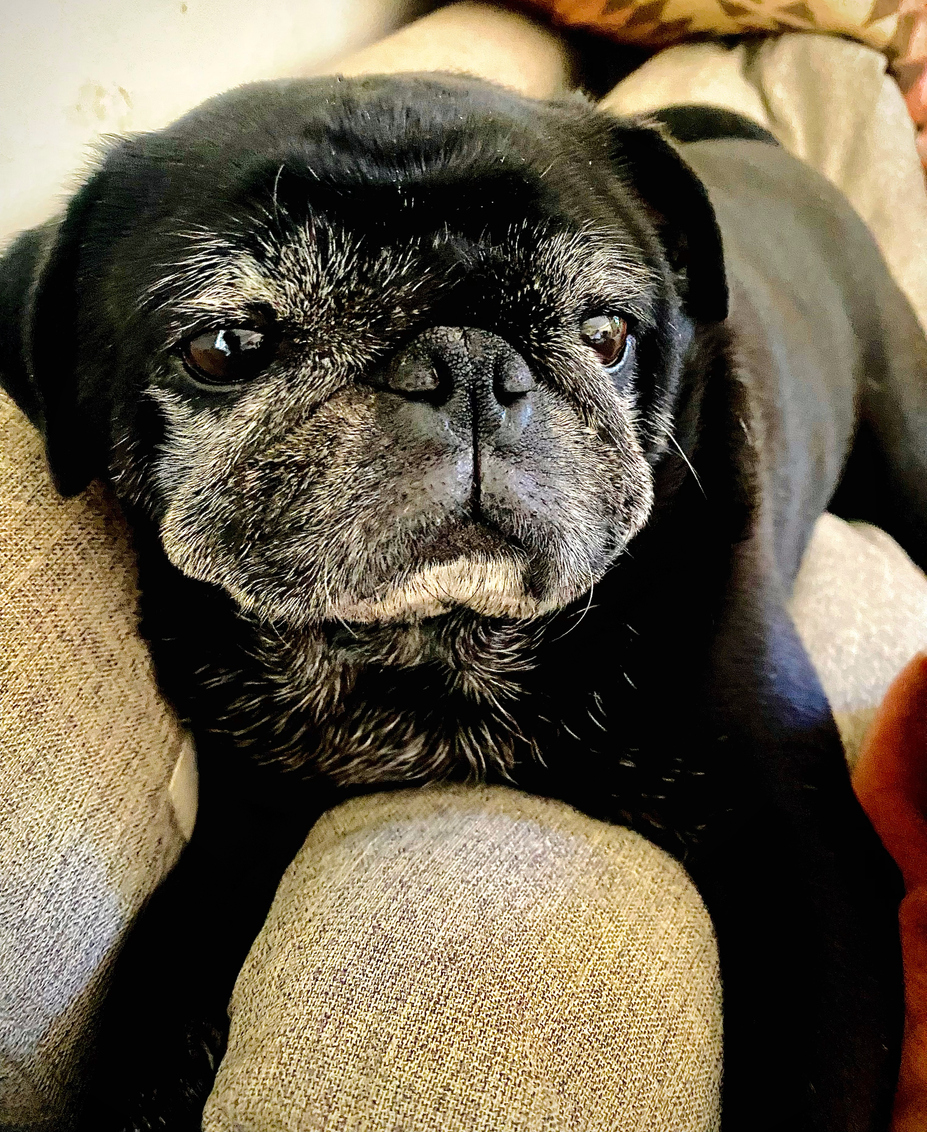Collapsing Trachea in Dogs
What is the trachea?
The trachea, or windpipe, is the tube connecting the throat to the lungs. Small rings of cartilage along the tracheal wall maintain the tube shape of the trachea. In dogs, these rings do not completely encircle the windpipe, but only cover about 5/6 (83%) of the circumference. A thin membrane of tissue completes the circle.
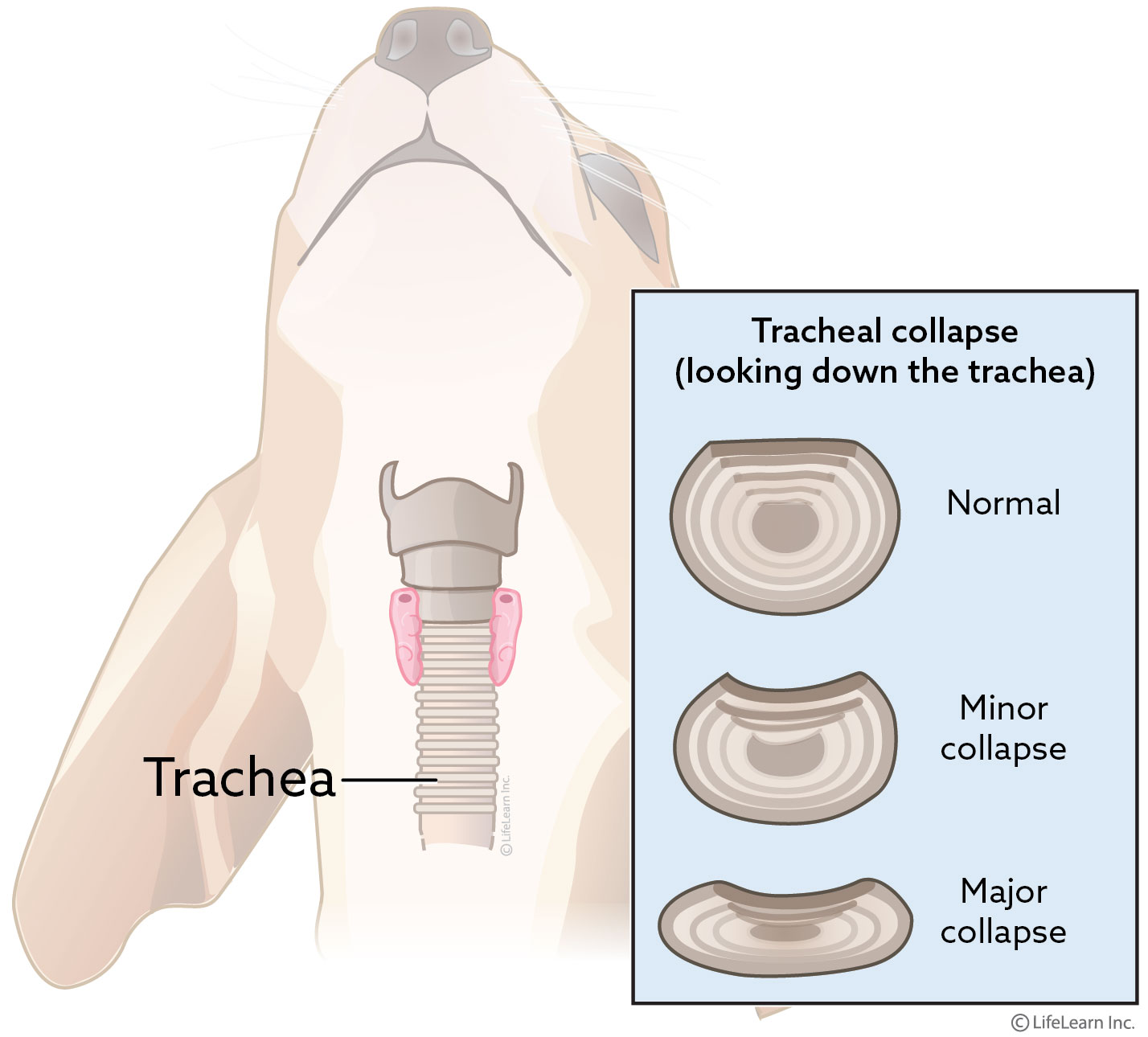
What is a collapsing trachea?
If the rings of cartilage lose some turgidity (strength and rigidity), or the membrane becomes slack and sags, the tracheal rings will flatten when air is drawn into the airway during inspiration. This is called tracheal collapse. Tracheal collapse makes it difficult for air to get to the lungs.
Are certain breeds more often affected?
Yes, Chihuahuas, Pomeranians, Shih Tzu's, Lhasa Apsos, Toy Poodles, and Yorkshire Terriers are often affected with tracheal collapse.
Because some breeds are more predisposed to tracheal collapse, it is suspected that a genetic factor is involved. It is important to note that while tracheal collapse is seen more often in these breeds, it can occur in all dogs, regardless of size or breed.
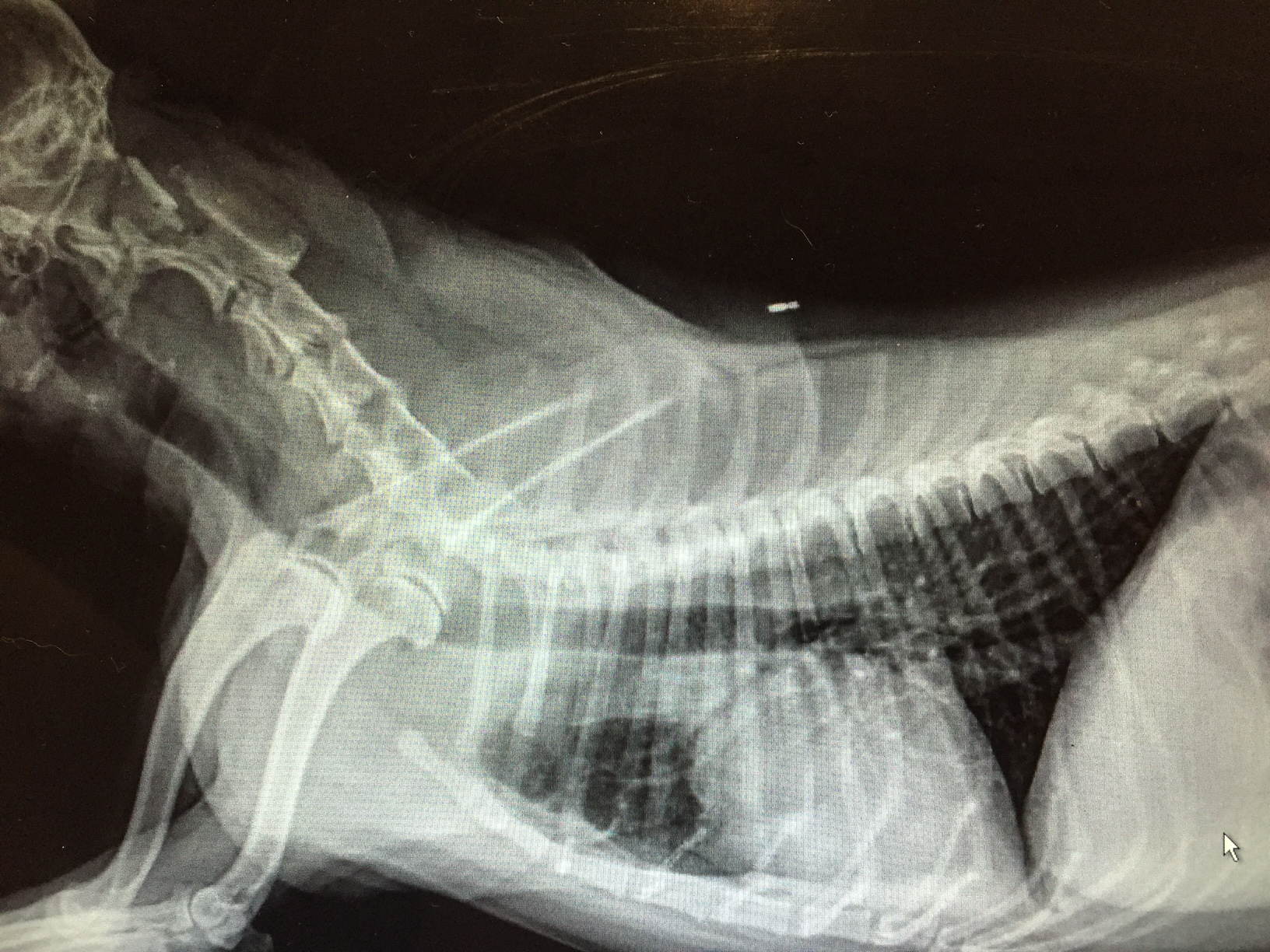
What age does tracheal collapse usually occur?
Tracheal collapse occurs most frequently in middle-aged to senior (4-14 years) dogs, but sometimes occurs in younger dogs.
What are the clinical signs?
The most common clinical sign is a persistent, dry, harsh cough. It is sometimes described as a ‘goose honk’ cough. The cough may worsen at night, with excitement, with pressure on the trachea – such as from a collar, during hot or humid weather, or immediately after eating or drinking.
How is a collapsing trachea diagnosed?
During a physical exam, very light pressure placed on the trachea that causes coughing or breathing difficulty may raise suspicion of tracheal collapse. Tests such as radiography (X-rays) or use of an endoscope or bronchoscope are needed to confirm the diagnosis.
Are there other conditions that can be similar to collapsing trachea?
Other causes of coughing, including congestive heart failure, must be ruled out. Sometimes heart disease and collapsed trachea are present at the same time.
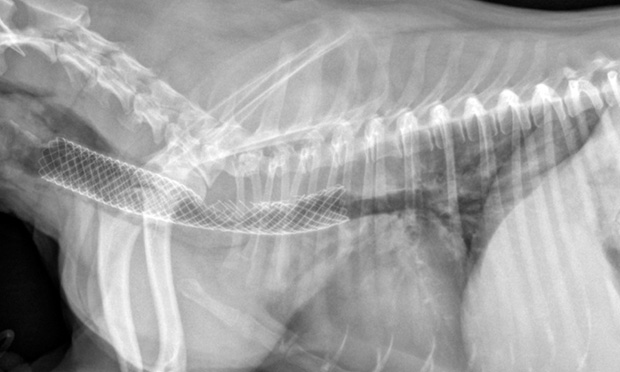
How is collapsing trachea treated?
Collapsing trachea can be treated medically, surgically, or by a combination of the two. Your veterinarian will discuss the various treatment options. Even with good control, most dogs will continue to experience at least some coughing throughout their life. Surgical correction is complex, and the procedure is typically performed only by an experienced board-certified surgeon. Newer implant materials and techniques promise hope for dogs affected by the condition.
What can I do to help my dog?
Weight reduction is important to reduce the severity of symptoms caused by a collapsing trachea. Preventing over-excitement and using a harness rather than a collar is also advised. Avoid exposure to irritants such as tobacco smoke.
Antibiotics and anti-inflammatory drugs such as prednisone may be intermittently needed. Cough suppressants such as Hycodan®, tramadol (brand name Ultram®), or butorphanol (brand names Stadol®, Torbutrol®, and Torbugesic®) and sometimes sedatives may be needed on a daily basis to minimize irritation from coughing. Maropitant citrate (brand name Cerenia®) has also been used to help decrease inflammation in the airways. Bronchodilators such as theophylline may be useful if the collapse is occurring in the lower trachea.
A study indicated that a high percentage of dogs with collapsing trachea also had concurrent liver disease. Therefore, all dogs with collapsing trachea should have their liver function monitored closely. Your veterinarian will provide specific treatment advice to help with your dog's condition.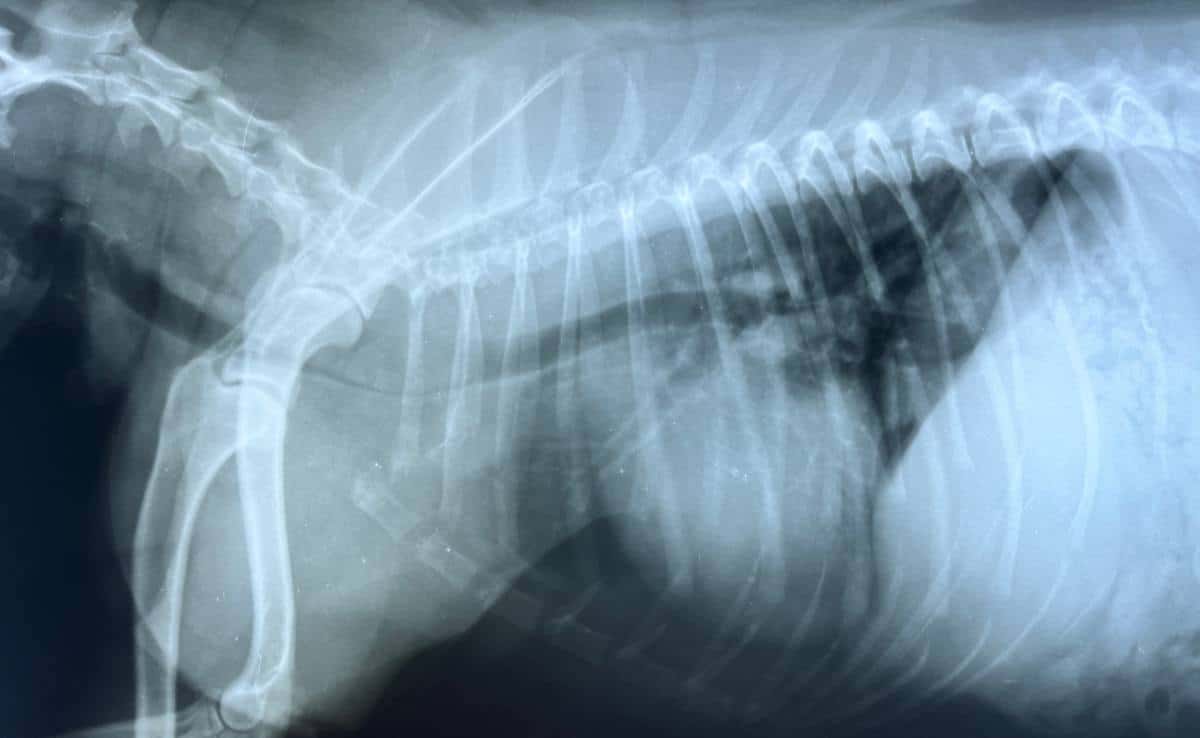
What is the prognosis for my dog?
It is important to note that collapsing trachea is a progressive disease, as the tracheal cartilage can continue to deteriorate over time despite treatment. Even pets that have surgery for the condition often need medications for life. Prognosis will depend on how well your dog responds to therapy.


